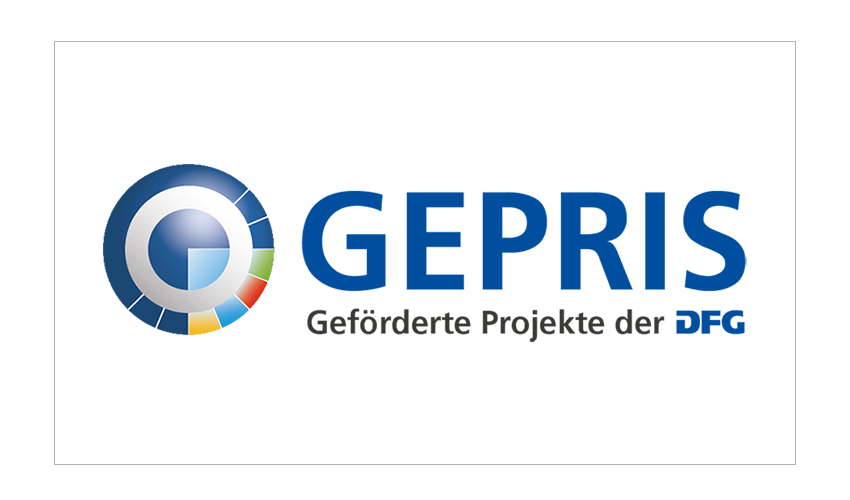Questions about current projects
Once the proposal has been approved, the real work can begin. However there are more matters which must be given consideration in the next stages of the process, until the project is complete.
Once a proposal has been approved, the work can begin. Information can be found in the forms and guideline(interner Link) for each programme on how to request funding and how it should be used.
If your institution has a liaison officer or an officer for DFG affairs (this is explicitly stated in the award letter), we ask you to notify the respective person about the award.
The DFG approves funding for direct project costs and staff. In some cases, the funds are designated as "global funding". This means a total amount is applied for and awarded which is not categorised into direct project costs or funding for staff (such as funding for equal opportunities). The DFG awards funding for staff in the form of standard amounts. These amounts are calculated by the DFG Head Office for a typical scenario using the relevant pay scale based on the working hours (full or part-time) and the duration of the employment.
The level on the pay scale is the responsibility of the research institution or the hospital as the employer.
Please contact the External Audits Departmen(interner Link) of the DFG with questions about the financial arrangements for your project. Please state the business reference and the cost item.
Legislation governing fixed-term appointments in research
A Guide to the Amendment of the Fixed-term Employment in Higher Education and Research Act (WissZeitVG)
The Fixed-term Employment in Higher Education and Research Act (WissZeitVG) which has been in place since 2007, has been amended and came into force on 17 March 2016.
Under the amendment, the conditions governing the fixed-term appointment of research (and artistic) personnel have been changed with the primary aim of improving the qualifications of research (and artistic) personnel and preventing inappropriate short-term appointments.
Short-term appointments without material reason for non-research personnel under WissZeitVG cease to be an option and reference is made in this regard to the provisions of the Part-time and Temporary Employment Act. Furthermore, options to extend contracts have been improved, particularly where career breaks related to family leave are concerned.
The guide attached provides a brief overview of the upcoming new arrangements and of the remaining option for fixed-term employment for non-research personnel which is approved under DFG-funded projects.
- Go to the guide (in German only(Download)
- Information on the Fixed-term Employment in Higher Education and Research Act (WissZeitVG) on the Federal Ministry of Education and Research website (in German only(externer Link)
Calculating the Salaries of Doctoral Researchers
To increase the attractiveness and competitiveness of positions for research employees who do not yet hold a doctoral degree, the DFG now enables the relevant specialist advisory committees to recommend funding for positions with more than 50%. This applies to all research areas. The DFG review board(interner Link) have compiled an overview according to review board. This overview can be found via the link below.
If the price of the equipment you require for the project exceeds €50,000, the Central Purchasing Office at the DFG is responsible for its purchase. As a rule, the DFG acquires this equipment based on the form 21.0(interner Link), which has to be filled for every such piece of equipment.
The DFG provides funding for equipmen(interner Link) with the proviso that it is used for the research project that has been approved. If the equipment is sold at a later date, the DFG must receive a proportion of any gains.
In addition to the approved funding, the DFG grants programme allowances for indirect project costs for most programmes. The Higher Education Pact 2020 allows the DFG to pay these allowances for approved projects. The programme allowance for indirect project costs amounts to 22% of the chargeable direct project costs. A separate proposal is not required for the programme allowance for indirect project costs. A proportion of the programme allowance for indirect project costs is paid with each draw-down on funds. The university at which the project is being conducted decides how the programme allowance for indirect project costs is to be used.
See the relevant usage guidelines and forms for drawing down funds at forms and guidelines / main listin(interner Link).
The DFG seeks to contribute to climate neutrality and resource conservation. For this reason, it enables compensation costs for business trips undertaken by DFG funding recipients to be covered by the DFG funds disbursed.
- To guideline 71.0(interner Link) (in German only)
- To the FAQ(interner Link)


